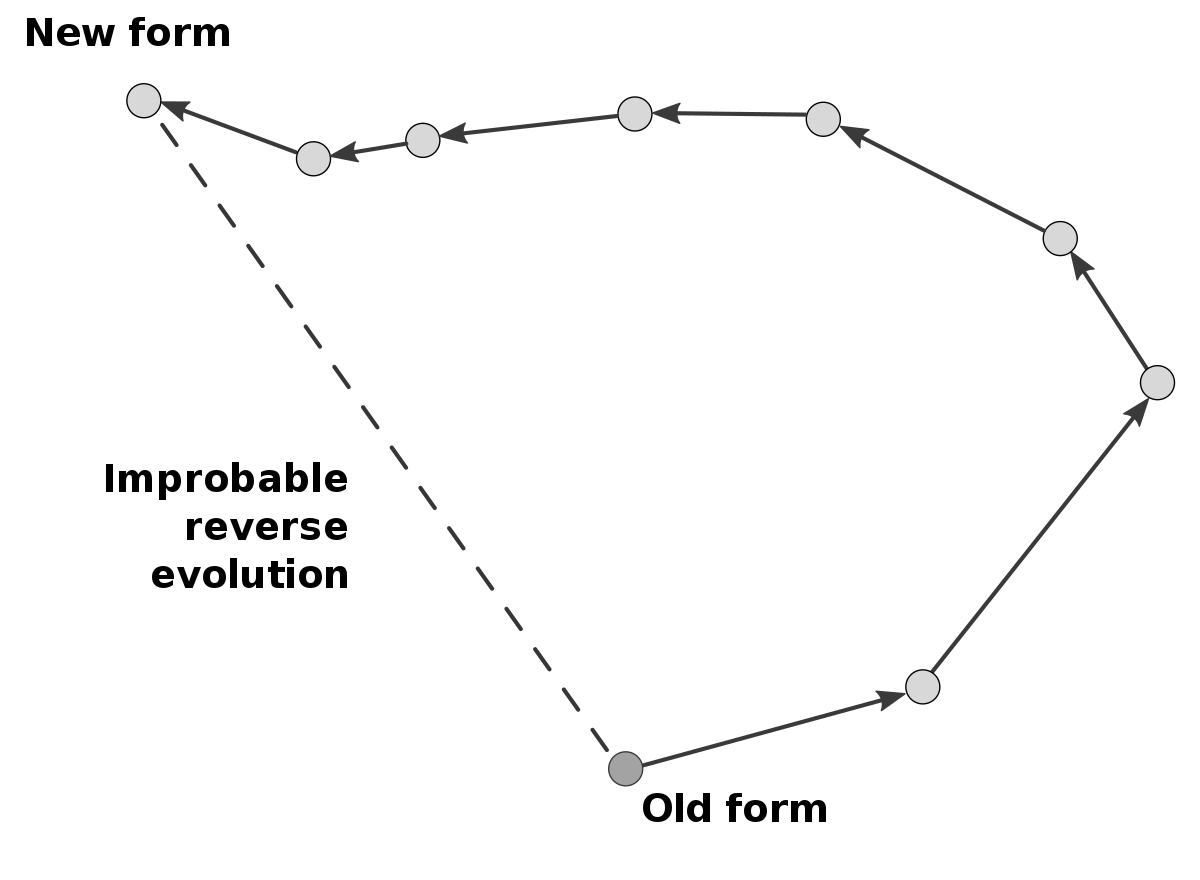Introduction
In the realm of decision-making, the mental model of irreversibility holds significant sway over our choices and actions. Irreversibility refers to the perception that certain decisions or actions cannot be undone or reversed, leading individuals to make irrational choices that are contrary to their best interests. Anchored in human psychology, this mental model manifests in various aspects of our lives, affecting both personal decisions and broader contexts such as business scenarios and public policy-making. Understanding the concept of irreversibility is crucial for making rational decisions and avoiding the pitfalls of this cognitive bias. In this blog post, we will explore the concept of irreversibility, provide real-life examples, delve into the psychological biases that contribute to it, and offer practical strategies to overcome this mental trap.
Defining Irreversibility and Its Relevance in Decision-Making
Irreversibility, as a mental model, refers to the perception that a decision or action cannot be undone or rectified once implemented. This perception often leads individuals to overvalue the permanence of their choices, impacting their decision-making processes. The relevance of irreversibility lies in the way it affects our evaluation of potential risks, rewards, and long-term consequences. When individuals believe that their decisions are irreversible, they may be more prone to making impulsive or irrational choices, overlooking alternative options or potential mitigations.
Examples of Irreversibility in Various Contexts
- Personal Life Decision: Relationship Commitment
Imagine a person named Alex who feels uncertain about committing to a long-term relationship. Despite harboring doubts, Alex succumbs to the mental model of irreversibility, perceiving the decision to commit as irreversible. Afraid of the potential regret or social repercussions that may arise from ending the relationship later, Alex chooses to commit even though it may not align with their true desires and needs. By falling prey to the fallacy of irreversibility, Alex compromises personal happiness and fulfillment.
- Business Scenario: Sunk Cost Fallacy
The sunk cost fallacy, a manifestation of irreversibility, frequently affects business decision-making. Consider a company that has invested significant resources into a failing project. Due to the perception that the resources already invested are irrecoverable, decision-makers may continue investing in the project to avoid accepting the losses. This bias prevents them from objectively evaluating the project’s viability and allocating resources to more promising ventures, ultimately harming the organization’s success.
- Public Policy-Making: Policy Lock-In
Irreversibility plays a role in public policy-making, where decisions have long-lasting impacts on society. Policy lock-in occurs when decision-makers are reluctant to revise or abandon policies, even when evidence suggests their ineffectiveness. The perception of irreversibility leads to a resistance to change, maintaining policies that no longer serve their intended purposes. This can hinder progress, impede innovation, and prevent societies from adapting to evolving needs.
Mental Biases and Psychological Underpinnings of Irreversibility
Several cognitive biases contribute to the prevalence of irreversibility in decision-making:
- Sunk Cost Fallacy: The sunk cost fallacy occurs when individuals continue investing in a project or pursuit because of the perception that the resources already invested are irrecoverable. This bias prevents objective evaluation of future costs and benefits, as individuals focus on past investments rather than future outcomes.
- Loss Aversion: Loss aversion leads individuals to place greater weight on potential losses than equivalent gains. When faced with an irreversible decision, the fear of incurring significant losses can distort judgment and lead to suboptimal choices.
- Endowment Effect: The endowment effect is the tendency to overvalue something simply because we own it. When individuals perceive a decision as irrevocable, they tend to ascribe higher value to what they possess, making it difficult to let go or consider alternative options objectively.
Strategies to Identify and Mitigate Irreversibility
To avoid succumbing to irreversibility and making irrational decisions, consider the following strategies:
- Evaluate Potential Reversibility: Challenge the perception of irreversibility by considering the potential for adjustments, modifications, or mitigations. Ask yourself if there are opportunities to reverse or alter the decision in the future, even if it may require additional effort or resources.
- Seek Diverse Perspectives: Engage in open discussions and seek advice from individuals who hold different viewpoints. This helps broaden your perspective, uncover potential alternatives, and diminish the influence of irreversibility on decision-making.
- Utilize Decision Frameworks: Employ decision-making frameworks such as cost-benefit analysis, scenario planning, or option evaluation to systematically assess the potential risks, rewards, and long-term consequences. These frameworks provide structure and objectivity, enabling more informed and rational decision-making.
- Embrace Flexibility and Adaptability: Foster a mindset that embraces change and acknowledges the possibility of adjusting decisions when new information or circumstances arise. By recognizing that few decisions are truly irreversible, you can approach choices with more flexibility and adaptability.
Conclusion
The mental model of irreversibility has a profound impact on decision-making, leading individuals to make choices that may not align with their best interests. Understanding the psychological biases and underpinnings of irreversibility is crucial for recognizing when we are falling prey to this cognitive trap. By employing strategies such as evaluating potential reversibility, seeking diverse perspectives, utilizing decision frameworks, and embracing flexibility, we can mitigate the influence of irreversibility and make more objective decisions. Awareness and active avoidance of the irreversibility mental model empower us to navigate complex choices, enhance personal well-being, and drive positive change.
